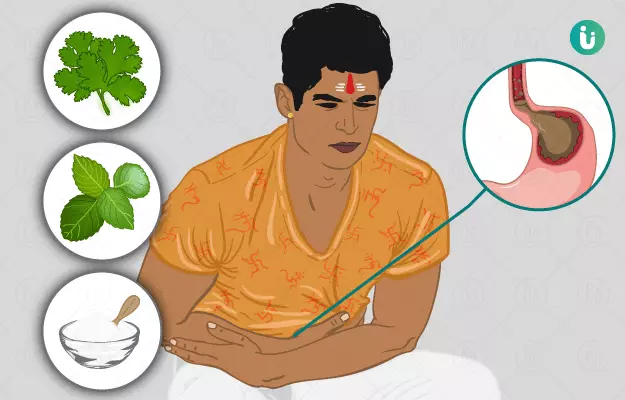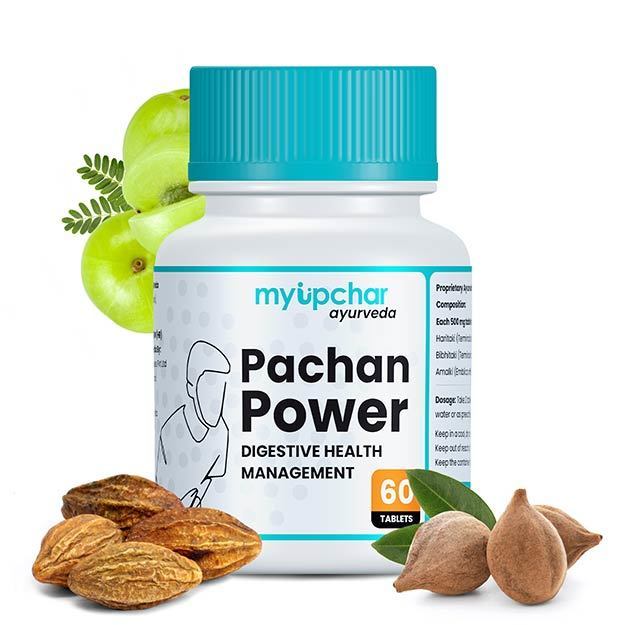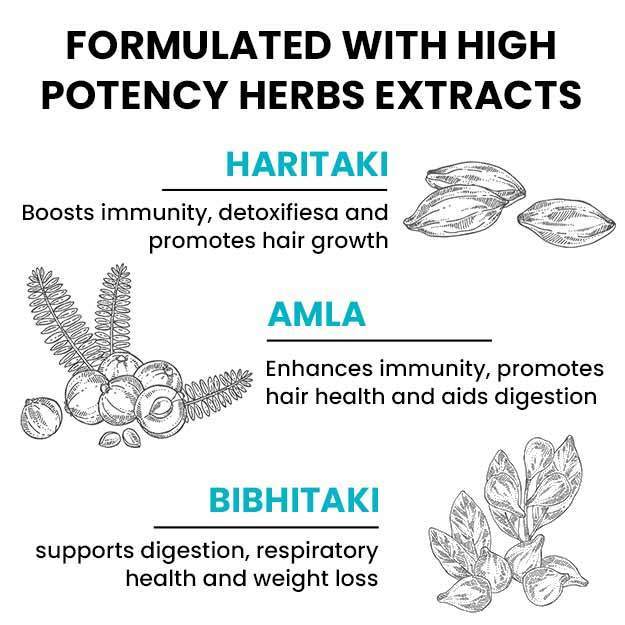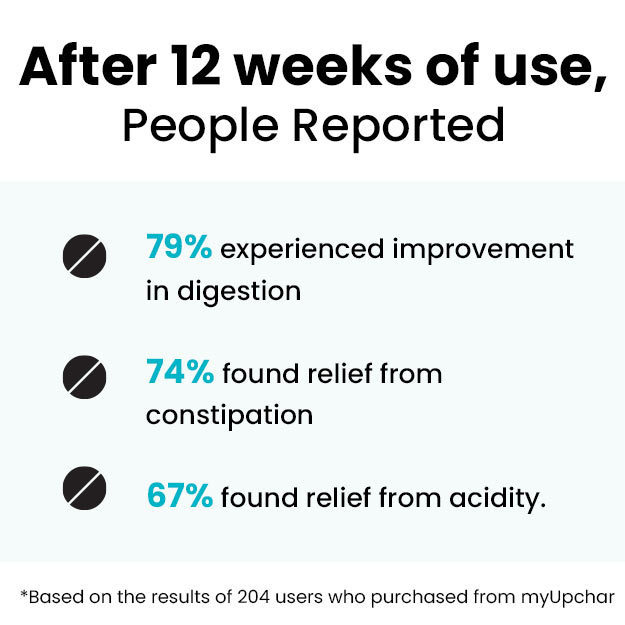Indigestion is a very common problem that can affect people at any age and at any time. Also known as dyspepsia, most people consider indigestion to be a disease. But the fact is that indigestion is actually a broad term that signifies a number of symptoms related to digestive issues.
Usually, indigestion refers to the following symptoms of digestion-related problems:
These symptoms usually show up soon after a heavy meal, or during times of stress and anxiety. While indigestion is mostly symptomatic of bad eating habits, it can sometimes point towards an underlying digestive problem like gastroesophageal reflux disease (GERD), stomach ulcers, etc. Indigestion is a problem that ails many Indians every day.
In most cases, indigestion is cured with the help of medications recommended by doctors. However, those who want to avoid the side-effects of medications often opt for easy home remedies which are natural, effective, handy and often quite cheaply available. Most of these remedies are backed by science and have proved to be effective against a multitude of problems apart from indigestion also.
Here are some of the most effective, natural home remedies for indigestion you can use:


















